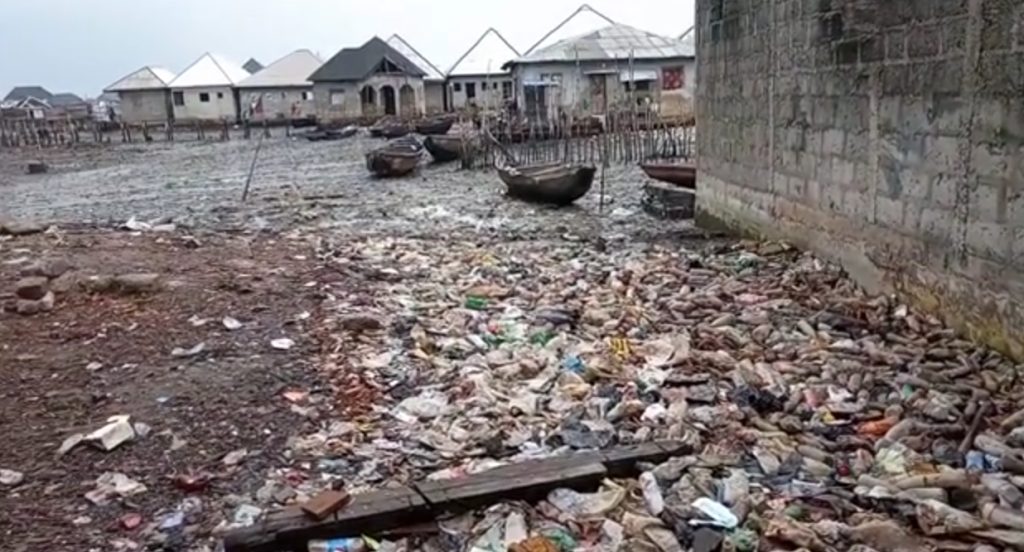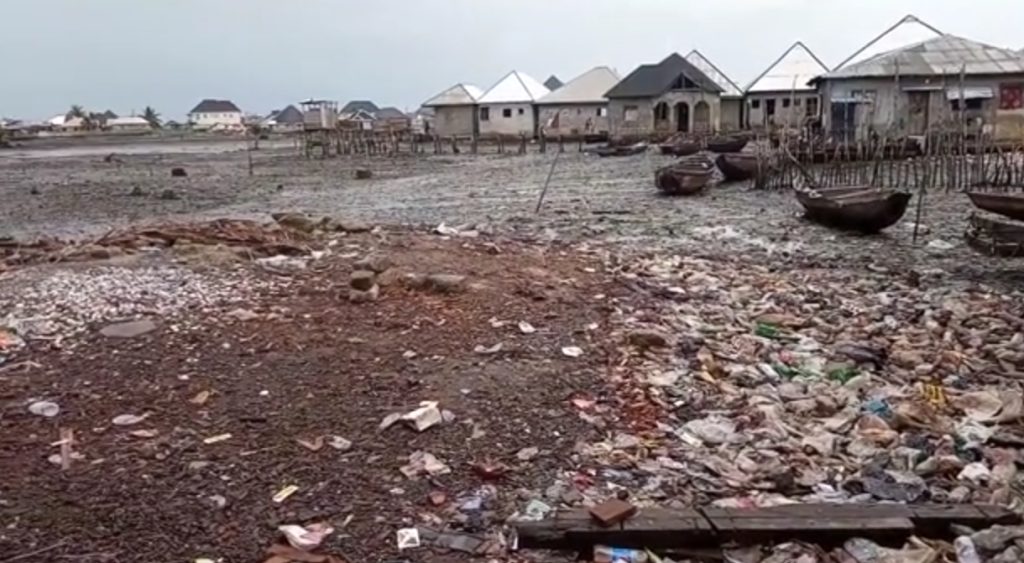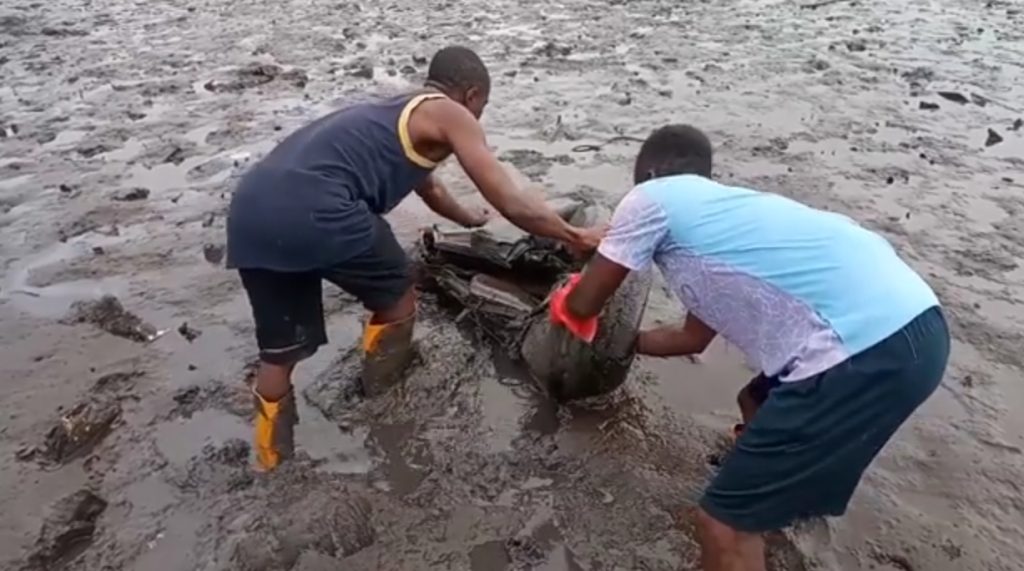
The Centre for Environment, Human Rights and Development (CERHD) has called on Nigerians, International Oil Corporations (IOCs), Local Oil Corporations (LOCs) to desist from activities that constantly lead to pollution of the environment in Nigeria.
Commemorating this years’ World Environment Day with the theme, Ending Plastic Pollution in Global Perspective, CEHRD has reiterated that plastic pollution amongst others has become one of the most urgent environmental challenges of our time. Every year, over 400 million tons of plastic are produced globally, with a staggering portion ending up in our oceans, rivers, and even in the atmosphere. ‘It is unfortunate that what started as a revolutionary invention to make life more convenient has now turned into a global crisis affecting wildlife, ecosystems and human health’ said Nubari Nabie, CEHRD’S Coordinator.
Dr Nubari noted that while plastic pollution is a global crisis, its effects are deeply felt in local environments especially in Niger Delta region of Nigeria. As plastics flow from cities and upstream communities into rivers, they accumulate at the creeks, mangroves, and coastal areas of the delta- one of the most biodiverse regions in Africa.

A polluted waterfront at Bundu Community, Rivers State, Nigeria. Photo: Josiah Egbilika, CEHRD
In Rivers state for instance, clogged waterways, littered shorelines, and floating debris have become a common sight. Plastic wastes not only threaten marine life and fisheries but also increase flooding by blocking drainage systems. Local communities, many of whom rely on fishing and farming for survival, are paying the price for plastics discarded far upstream.
It is true that the Nigerian government over the years have enacted policies like: National Policy on Plastic Waste Management which seeks to eliminate plastic by 2025, Plans to implement ban on single use plastics like Straws, Cutleries, plastic bottles and more, these actions have not yielded relevant successes as the pollution of the environment is on the rise.
Styvn Obodoekwe, CEHRD’S Program Director noted that the continued rise in plastic pollution is of grave concern to CEHRD. He said there is urgent need for concerted efforts to tackle this problem. CEHRD demands that the government should, through the National Orientation Agency, collaborate with Civil Society Organizations to enhance public awareness and education on the dangers of pollution in all facets. Also, policies that could lead to the stopping of pollution without causing further harm and hardship on the people should be implemented. Government should begin to hold IOCs and LOCs accountable for any form of pollution caused in the environment, especially in the local communities.

Residence of Bundu community in collaboration with CEHRD clearing plastics from Bundu river in 2023. Photo: Josiah Egbilika, CEHRD
The government and Companies in Nigeria should establish Recycling Infrastructural plants to enable easy access to recycling companies, create economic incentive system to facilitate quick response to waste disposal to the appropriate regions, support and organize community engagements to educate the local communities on the need to properly dispose of waste without polluting the environment.
The media should join in the campaign against pollution through their various media outlets and social media handles. Civil Society Organizations and Non-governmental Organizations should enhance the awareness on pollution while carrying out their developmental activities in the communities.
CERHD believes that by combining governmental policies with community engagement and infrastructure development, Nigeria can make significant strides in reducing plastic pollution and safeguarding its environment for future generations.
Signed
Tammy Cookey
Head, Environment and Conservation
CEHRD
